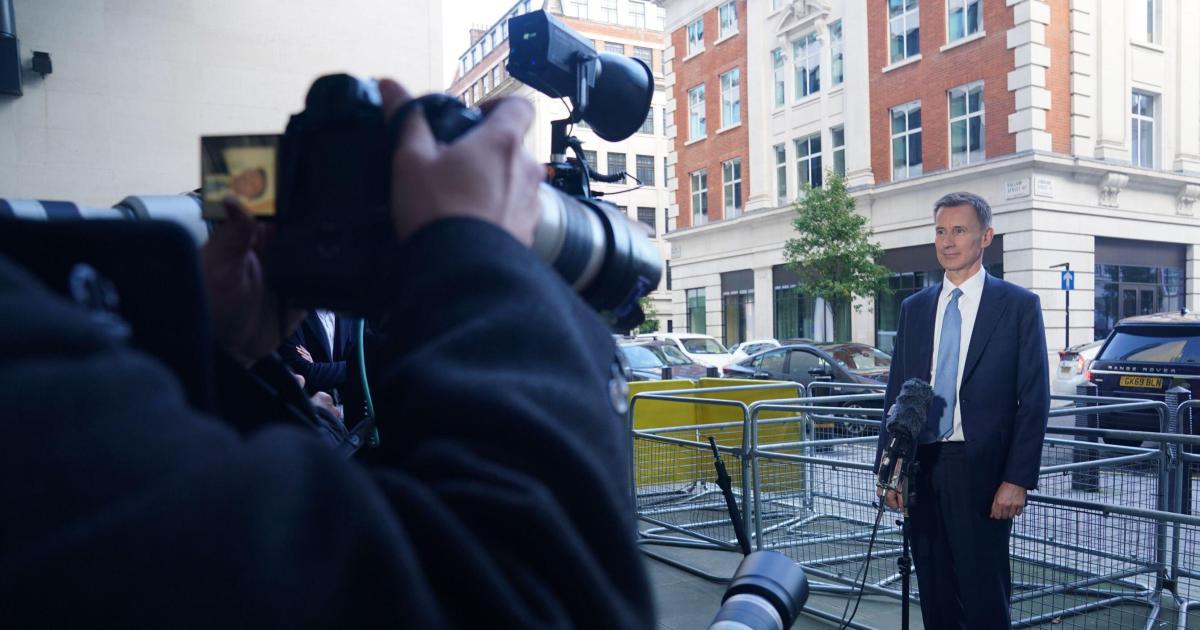Autumn statement frenzy shows why we should only have one fiscal event a year
In a recent episode of their podcast, Ed Balls and George Osborne bemoaned the official preference (shared by IfG) for a single fiscal event a year – something that is the norm in most other countries. According to them, officials in search of a quiet life want to deny a chancellor the chance to make the political weather, by halving his opportunities to dominate the broadcast schedules and grab headlines.
This weekâ€TMs autumn statement is now being touted as another chance for a reset, in an autumn of resets. An opportunity for Rishi Sunak and Jeremy Hunt to declare an economic corner has been turned, to spend the fiscal †̃headroomâ€TM created by the combination of higher than expected inflation with the decision to freeze tax allowances (and quite possibly public service budgets) in cash terms.
Hunt should remember forecasts can go up as well as down
We have been here before. The Office for Budget Responsibility (OBR) has quite often found spare cash for a chancellor to spend – and our instant gratification chancellors tend to be unable to resist spending any margin that emerges instantly, as the IFS has pointed out. 4 //ifs.org.uk/publications/green-budget-2023
One risk for the chancellor is that his numbers already contain some hidden commitments. No-one believes that he will restore the fuel duty cut, nor index it to inflation from next April – but the fiscal forecast, based as it has to be on the governmentâ€TMs declared policy, assumes he will. No-one believes that “full expensing†will terminate as currently planned at the end of March 2026. And few think that the post-election spending numbers can hold in the light of inflation pressures, wage settlements and continuing backlogs.
There is a further risk: that the OBR is overoptimistic at a time when the world economic outlook is very uncertain. Huntâ€TMs final risk is that lower (though still miles above target) inflation is less baked in than he and the prime minister hope. Inflation surprised on the low side in November but it is still very vulnerable to global energy price movements.
If Hunt spends all his fiscal margin now, and the numbers move against him between now and March, he risks having to raise revenue (or make even less plausible decisions on spending) to meet his fiscal rules come the spring budget. The forecast seems to have changed a lot since March. It can change again by next March.










